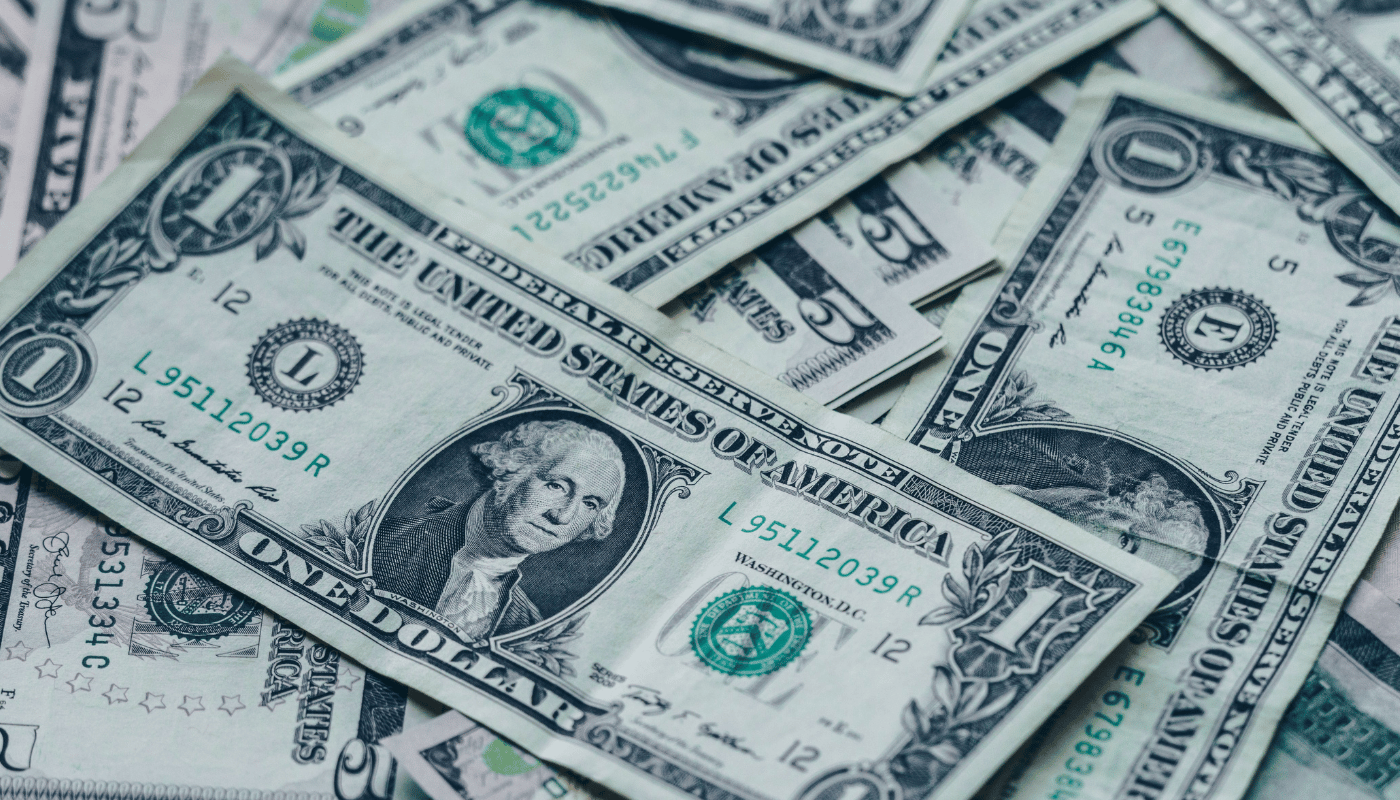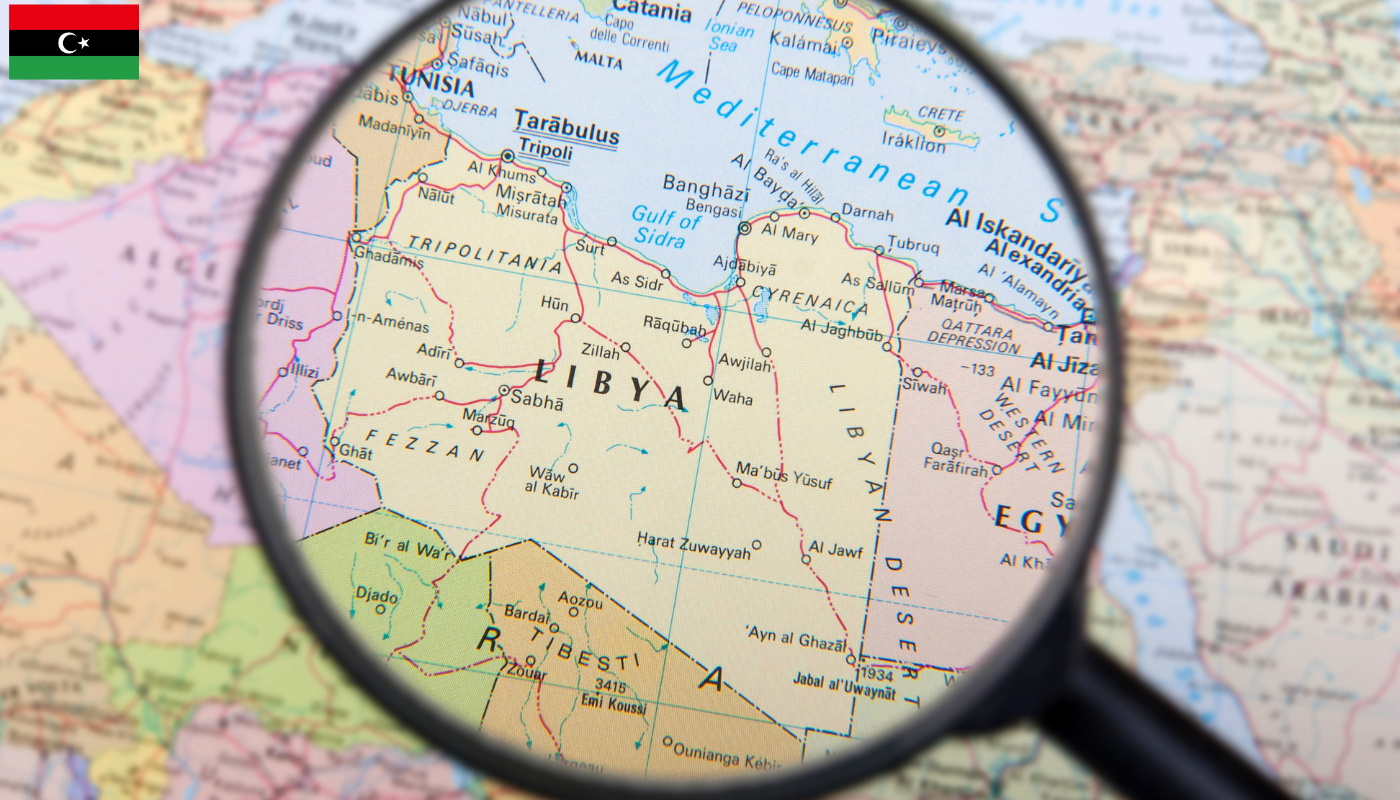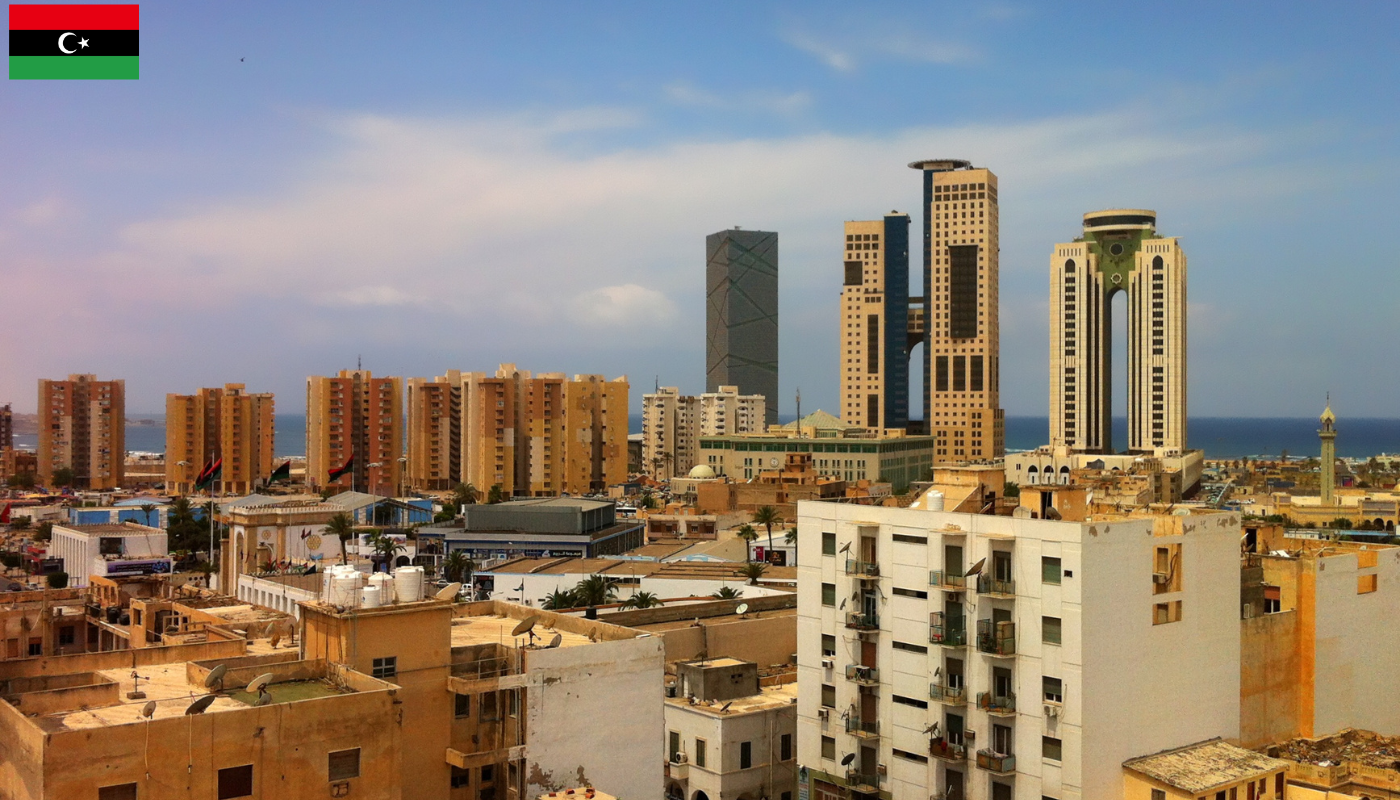Libya moves to impose pricing on many food commodities as it witnesses a spike in prices and a shortage of some goods. Many traders attribute the spike to the high exchange rate of the American Dollar against the Libyan Dinar, while foreign currencies allocated by the government are insufficient for importing.
Libyan economist Ahmed Khomaisi reported on Al-Araby Al-Jadid, and LIBYAPROSPECT translates here, that the Undersecretary of the Ministry of Economy in the Government of National Rescue in Tripoli, Ali Mahjoubi, revealed some insights into the government’s decision. Mahjoubi stated that the ministry has taken measures to impose obligatory prices on certain goods, including flour, which will be sold for 650 Dinars per ton, with each package being price-tagged. The 50-kg packages are intended for bakeries and are not allowed for use by merchants. Several areas in Libya have experienced a shortage of flour, with prices nearly doubling to 140 Dinars for the 100-kg package. Profit margins on imported products will not exceed 15%, in accordance with the new decisions.
Libya covers nearly 85% of its needs through imports, according to official statistics. The 6.6 million Libyan citizens consume 1.26 million tons of grains annually. Domestic production levels have fallen to low levels over the past two years due to a lack of security and stability.
The report continued that the Ministry of Economy has banned the import of a range of goods, including fireworks, energy drinks, and some food commodities, to avoid depleting foreign currency reserves. Foreign reserves fell from $130 billion in 2010 to $75 billion in December 2015. The sharp decline in cash reserves has heavily pressured the Dinar, which fell in the black market to 4 Dinars per Dollar, while the official rate is 1.4 Dinars.
According to the report, Vice Chairman of the Economic and Financial Committee at the General National Congress (GNC), Saieed Abu Rashadh, stated that there is manipulation by traders who sell the subsidized Dollar later in the black market. He added that the decline in Libyan oil production, spending of foreign currency reserves, and political division in the country are the causes behind the rise in the Dollar price on the black market. The Central Bank of Libya (CBL) has allocated two billion Dollars to finance imports at the official price of $1.4 Dinars. Additionally, it has reduced the annual transfer limit for individuals by 50% to $7,500 or the equivalent in foreign currency. Commercial banks have been suffering from a scarcity of Dollars for two and a half years.
In response to the growing economic crisis, the Libyan government is exploring alternative measures to stabilize the situation. They are considering increasing local production of essential goods and investing in agricultural projects to reduce dependency on imports. Additionally, efforts are being made to address systemic issues within the financial and banking sectors to enhance the efficiency of foreign currency allocation. The government hopes that these steps will alleviate some of the pressure on the Dinar and improve overall economic stability in the long term.






